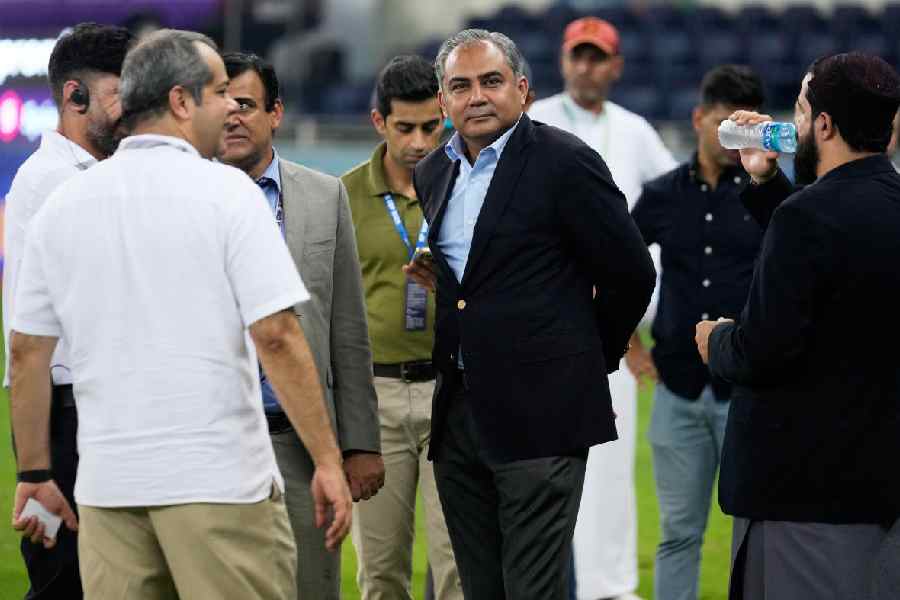 |
“We just couldn’t bear to sit at home and watch the hospital burn on television. We had to do something!”
That’s Rishabh Badoni (Class X, La Martiniere for Boys, Calcutta) and Aavirash Mitra (Class XI, La Martiniere for Boys, Calcutta) for you. The two teenagers rushed to AMRI Hospitals, Dhakuria, early last Friday to help in the rescue operation. They penned this account for The Telegraph.
 |
Rishabh Badoni: My mother woke me up around 6am and told me I should go to AMRI Hospitals. I was confused. She switched on the TV and within minutes, I was dressed and out of the house. I called up Aavirash. Both of us headed towards Dhakuria. We didn’t really think that kids like us would be allowed to do much there. But we just couldn’t bear to sit at home.
 |
Aavirash Mitra: Rishabh called me around 6am to tell me that AMRI was on fire. I was shocked, more so because only months back, my sister had been admitted there (in the same ward where there were so many casualties). I knew I couldn’t sit at home without at least trying to do something to help.
Rishabh & Aavirash: We arrived at AMRI around 6.30am. The scene was shocking. Smoke had wrapped itself around the hospital annexe building like a billowing blanket; patients were trapped inside and a large crowd was just standing outside, watching and speculating. We approached the reception of the main building. People were crying over the bodies of their loved ones. We scanned every floor of the main building, trying to see if anyone needed our help. There was blood everywhere, probably from patients who had been shifted from the annexe. There wasn’t much we could do here.
We realised we should get hold of masks before we tried to enter the annexe. A middle-aged man overheard us and took us to the pharmacy on the ground floor. Surgical masks were being given out there.
We headed for the emergency exit, where patients were being brought out and put inside ambulances. We caught hold of one stretcher and ran back with it towards a doorway, where many more stretchers were waiting. Through the doorway, all we could see was smoke and patients running out with bloodshot eyes, gasping for air.
People from the neighbourhood kept bringing out patients in blankets, we kept rushing them to the ambulances. It was only much later that we realised that the unending stream of stretchers carried only dead bodies. Every time we went back to the doorway, there were more bodies. It just didn’t stop.
We realised we needed to get in and try and save as many people as we could. Pulling the little masks over our mouths we entered through the doorway, into the thick smoke. We went up to the second floor, looking for survivors. Soon it became difficult for us to breathe. Our eyes burned like hell.
On the third floor, there were some police commandos who wore gas masks and were carrying bodies out of several rooms. Because of the smoke, we couldn’t make out which ward we were in. We couldn’t even make out if the people we were bringing out were male or female, dead or alive. Their mouths had blackened. Their socks had started to burn. But the bodies were not charred.
We didn’t stop to think of all this, we just kept bringing out as many people as we could. Had we stopped to think, we would’ve probably been knocked unconscious by the smoke or by the sheer horror of what we saw around us.
On Friday, we drew inspiration not from our leaders, police officers or fire-fighters but from ordinary people who battled on without any masks or other fancy equipment.
We would also like to thank our school, for the sense of duty towards society that is instilled in all Martinians.










